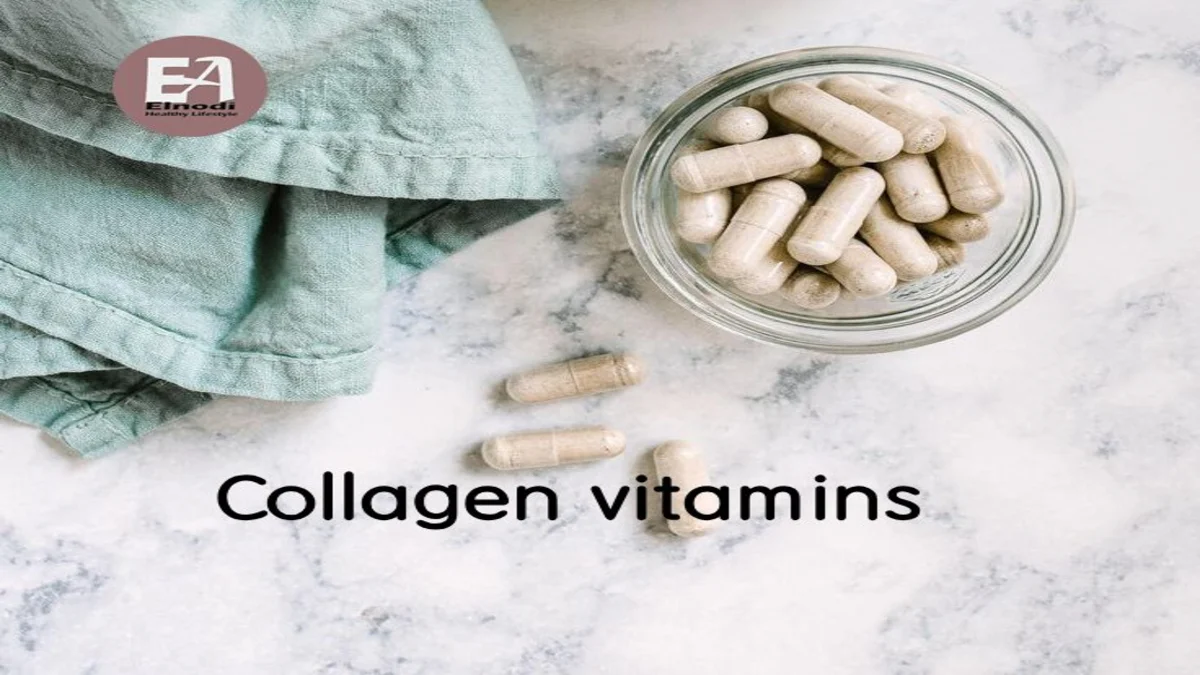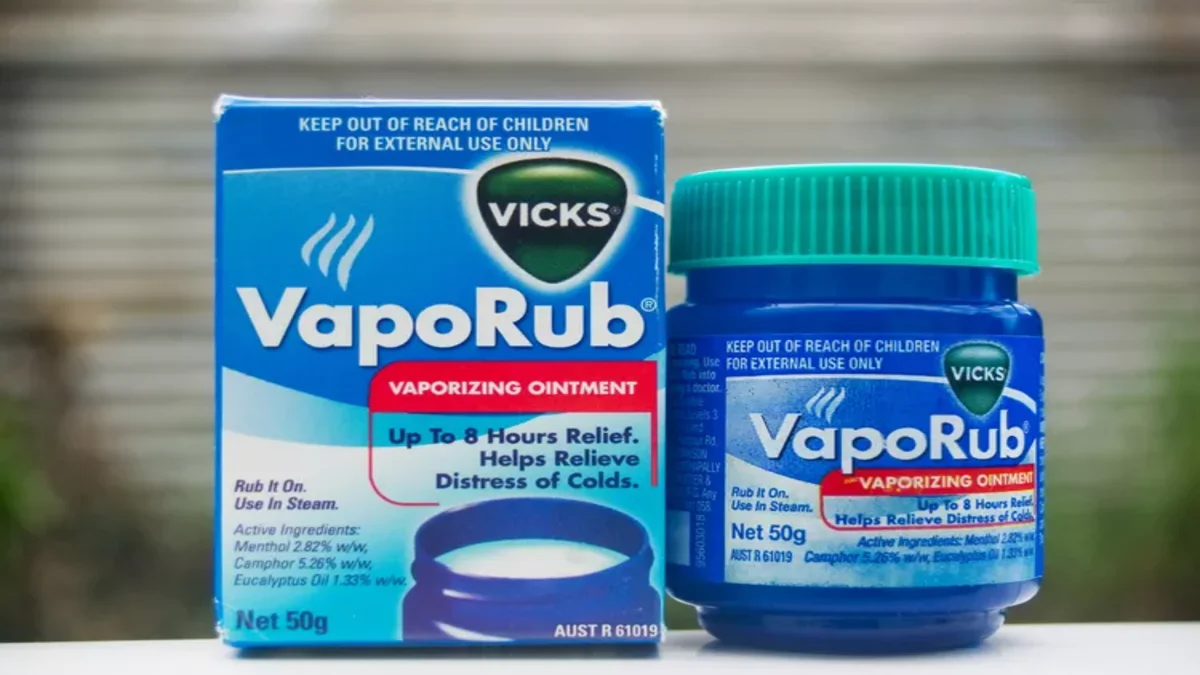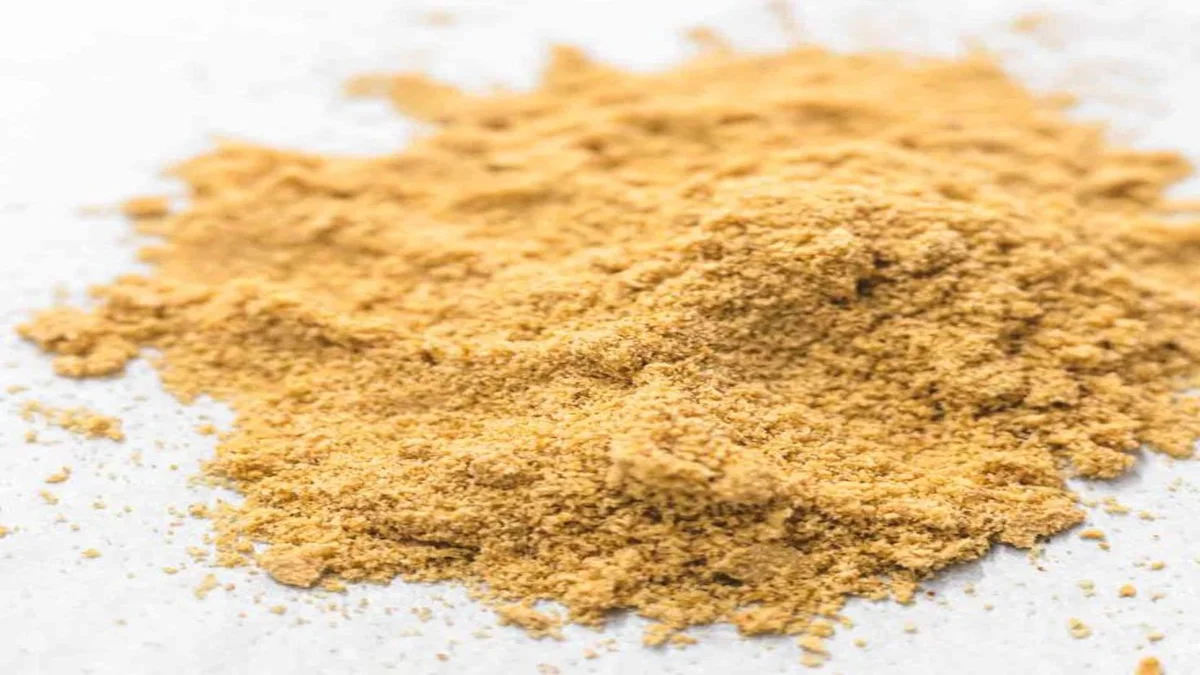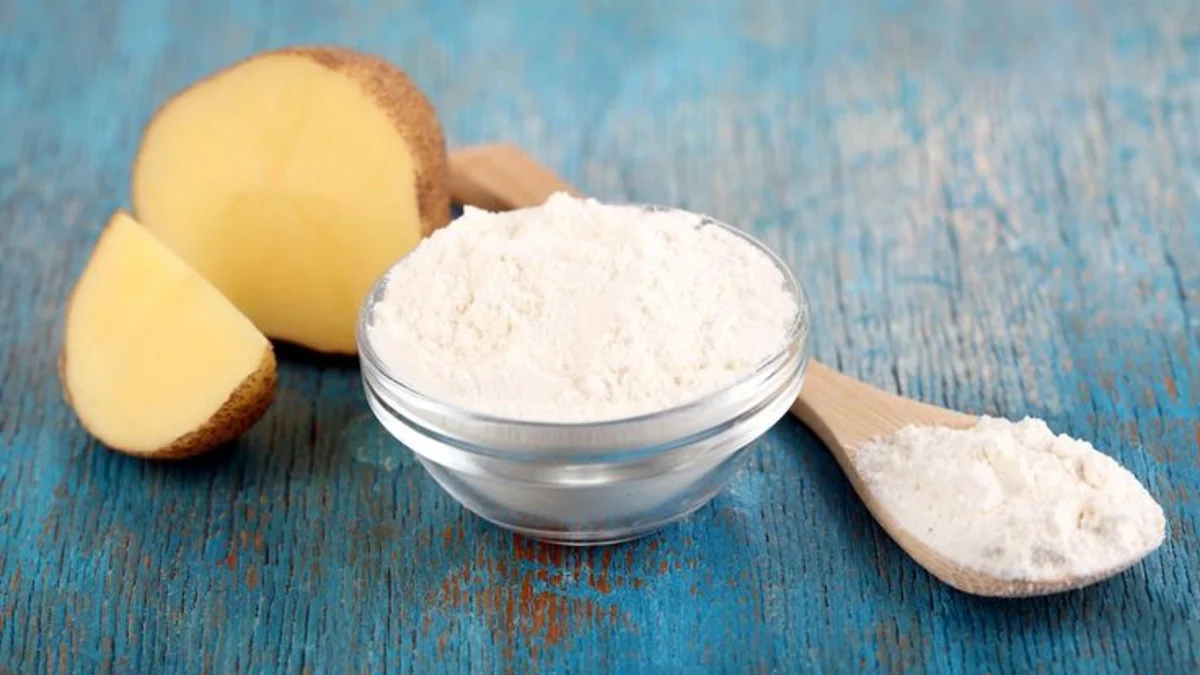Discover the power of vitamins for collagen formation and say hello to youthful, radiant skin. Unlock the secrets of glowing skin.
As we age, our skin starts to lose its firmness and elasticity, resulting in the formation of wrinkles and sagging. Many people turn to expensive skincare products or invasive procedures to try and reverse the signs of aging. However, what they may not realize is that the key to youthful skin lies within their bodies.
What is collagen?
The most prevalent kind of protein in the body and an essential part of the skin is collagen.
It can be found in many different tissues, including as the digestive system, blood vessels, tendons, muscles, and bones. It is essential for numerous biological processes, including the healing of wounds.
Severe medical disorders like the following are associated with low collagen levels:
- scurvy, which results from a lack of vitamin C and causes:
- fragility
- anemia
- delayed healing of wounds
- A hereditary disorder called osteogenesis imperfecta causes weak bones.
- Ehlers-Danlos syndrome is a condition where the body struggles to properly synthesize collagen, resulting in a variety of symptoms.
What does collagen do to the skin?
Skin with high collagen content is firm, smooth, and velvety. Collagen helps skin cells heal and replenish themselves. The amount and quality of collagen have an impact on the skin.
As people age, the body produces less of certain forms of collagen, and the quality of the collagen that is present decreases.
This could result in:
- a decrease in skin and other connective tissue elasticity
- creases, lines, and skin looseness
- stiffness in the joints
Collagen structure alterations brought on by aging decrease the connection between the skin’s various layers. This may be the cause of wrinkles and other signs of aging skin in humans.
Vitamins for Collagen Formation
Vitamins are essential for the production of collagen, the structural protein that maintains joint health, skin suppleness, and general tissue integrity. The following vital vitamins support healthy skin and connective tissues by aiding in the creation of collagen:
1. Vitamin C

Perhaps the most well-known vitamin for collagen production, vitamin C is a powerful antioxidant that plays a key role in collagen synthesis. It helps convert proline into hydroxyproline, a critical step in collagen formation. Additionally, vitamin C protects collagen from damage caused by free radicals and UV exposure, thereby promoting youthful-looking skin.
2. Vitamin A
Vitamin A also referred to as retinol, is necessary for the health of the skin and the synthesis of collagen. It supports the integrity of the skin’s extracellular matrix and activates fibroblasts, the cells that make collagen. A vital vitamin for keeping young, healthy skin, vitamin A also helps with skin regeneration and repair.
3. Vitamin E

Collagen fibers are shielded from oxidative stress and damage by vitamin E, another strong antioxidant. Vitamin E protects the integrity of collagen and delays the signs of premature aging of the skin by scavenging free radicals. Furthermore, vitamin E encourages skin hydration and elasticity, which results in a complexion that is supple and smoother.
4. Vitamin B3 (Niacinamide)
One type of vitamin B3 that helps with collagen formation and skin barrier function is niacinamide. It supports the regulation of energy production and cellular metabolism, two vital functions for the upkeep of healthy connective tissues and skin. Additionally, niacinamide lessens inflammation and hyperpigmentation, improving the skin’s general texture and look.
5. Vitamin K
Certain proteins, such as those involved in the synthesis of collagen, undergo post-translational modifications that are influenced by vitamin K. The stability and functioning of collagen fibers are thought to be aided by vitamin K, while its precise role in collagen formation is still being investigated. It also promotes healthy blood coagulation and circulation, which lessens the look of bruises and under-eye shadows.
6. Copper
Additionally necessary for the synthesis of collagen are several minerals. Copper is one such mineral; in fact, skin cells produce more collagen as their internal copper levels rise.
Lysyl oxidase is an enzyme that needs copper to be activated for collagen to mature. The scaffold that supports your skin and soft tissues is formed in part by the cross-linking of collagen fibers with other supporting fibers by active lysyl oxidase. Copper helps to produce collagen, which in turn maintains the health of your blood vessels, heart, and bones.
Furthermore, copper has antioxidant properties that aid in scavenging free radicals and keep your skin’s tissues and cells safe.
Adults should consume 1.2 mg of copper per day, which can be obtained from a diet rich in wholesome foods. Foods high in copper include bran flakes, dried fruits, crab, pecans, mussels, cashews, and squid.
Because copper is a potentially hazardous metal, it is not advisable to take supplements that contain more copper than the recommended daily allowance.
7. Zinc

By acting as a co-factor for collagen synthesis, zinc helps maintain healthy collagen formation by activating proteins necessary for collagen synthesis. Additionally, it triggers the activation of collagenase, an enzyme that lets your cells restructure collagen.
Suitable dietary sources of zinc include:
- meat
- seafood
- dairy products, like cheese
- bread
- cereal goods, like wheat germ
You require between 5.5 and 9.5 milligrams of zinc per day for men and between 4.0 and 7.0 mg per day for women.
To assist you achieve this aim, include dairy products, cashews, almonds, chicken, oysters, and beef in your diet.





